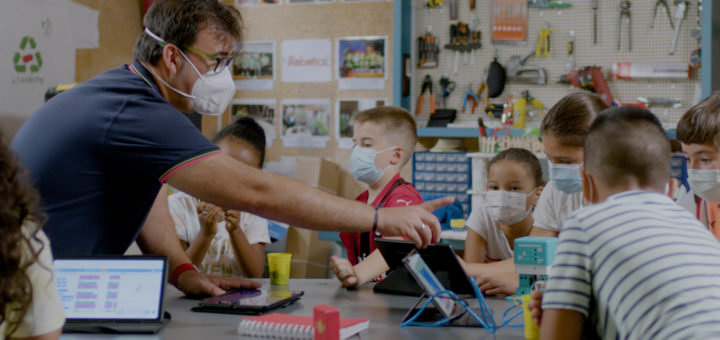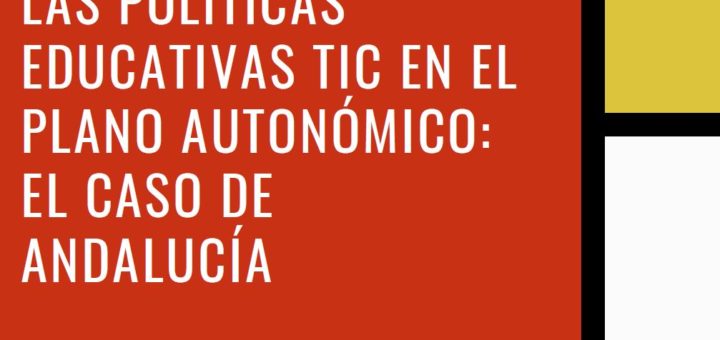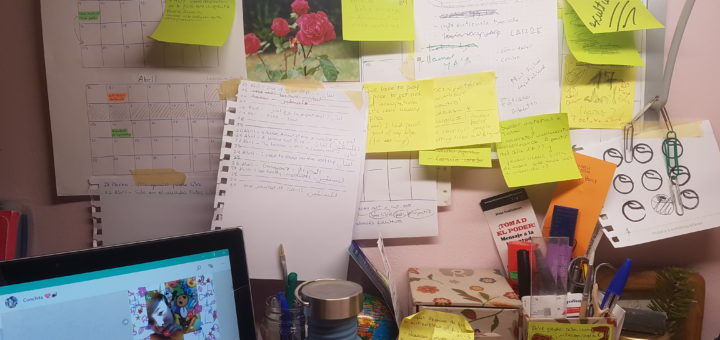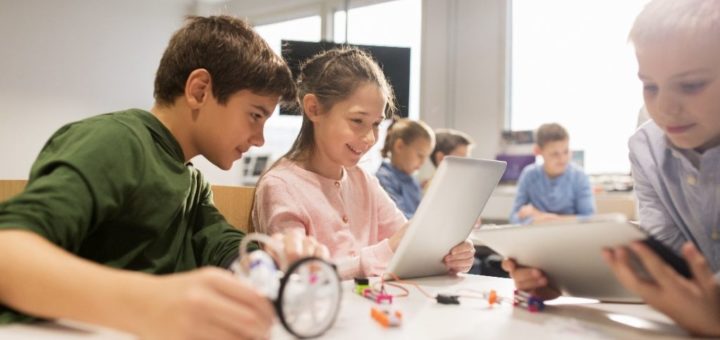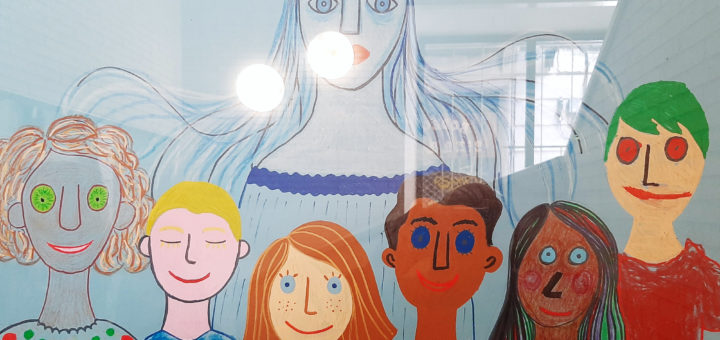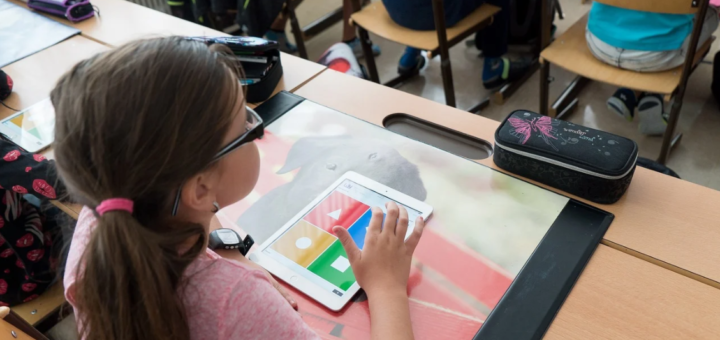Today, many of the young people studying at university are considered “post-20th century” (McCrindle and Wolfinger, 2011). Not only because they were born after the Internet and the WWW, in an increasingly digital world, but also because they have grown up in a VICA (volatile, uncertain, complex and ambiguous) social, political, economic and technological context. Young university students are present in social protest movements and at the same time are more fearful and conservative (Haidt and Lukianoff, 2019). These young people, who are considered the first Homo Globalis or citizens of the world (Broennimann, 2017), have grown up connected to virtual environments and with access to more information than those of any other generation (Seemiller and Grace, 2017).

